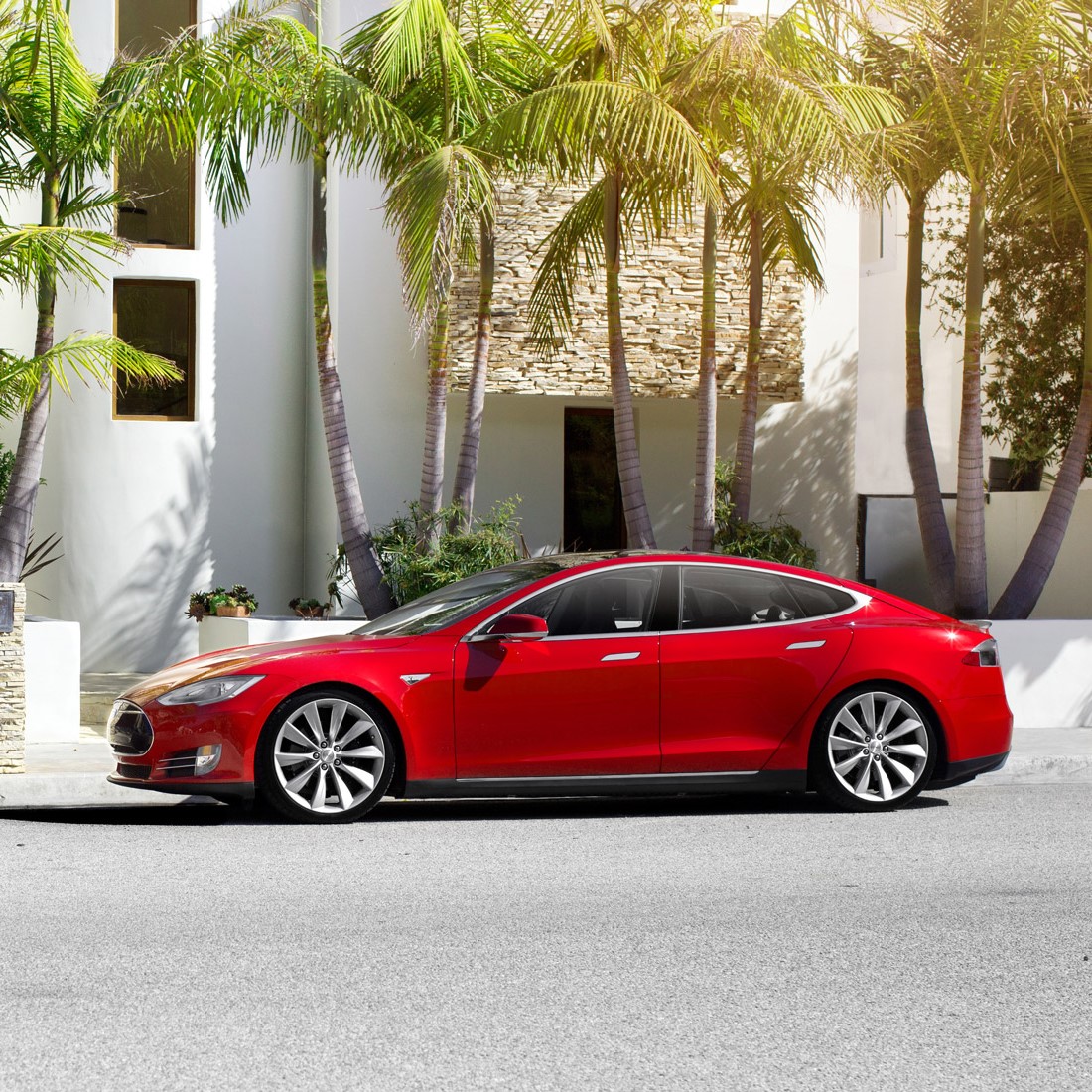Cars and Drivers
Tesla Recalls Cars That Haven't Been in Accidents

Published:
Last Updated:

Quite often, auto recalls involve models that have a history of accidents, even if the list of problems is short. Tesla Inc. (NASDAQ: TSLA) recalled 123,000 of its Model S sedans. None has been in an accident. Tesla’s stock sold off, after a brutal week that included a downgrade of its bonds and a fatal accident.
The fatal accident and bond downgrade may be good reasons for a drop in the stock price. The recall is not.
The bond downgrade by Moody’s cut its rating further into junk territory. That means that Tesla will need to pay dearly for any additional money it raises. Alternatively, if Tesla taps the markets via a stock sale, the dilution likely will drive the stock down further.
The fatal crash involved a Model X. It is still too early to say whether the car’s autopilot feature was engaged and could have caused the crash. The self-driving car market already has been battered by an Uber accident that killed a pedestrian. Nvidia and Toyota have suspended their self-driving car tests. At the other end of the spectrum, Alphabet’s Waymo self-driving unit says its cars are so safe it does not need to do anything other than continue tests.
One notable thing about the Tesla recall is that the company said the potential flaw does not meaningfully change the driver’s ability to operate the car. The recall note pointed this out:
In order to ensure your safety, Tesla will proactively retrofit a power steering component in all Model S vehicles built before April 2016. (No other Tesla vehicles are affected.) There have been no injuries or accidents due to this component, despite accumulating more than a billion miles of driving.
To be clear, this recall does not apply to any Model X or Model 3 vehicles, only to Model S vehicles built before April 2016.
We have observed excessive corrosion in the power steering bolts, though only in very cold climates, particularly those that frequently use calcium or magnesium road salts, rather than sodium chloride (table salt). Nonetheless, Tesla plans to replace all early Model S power steering bolts in all climates worldwide to account for the possibility that the vehicle may later be used in a highly corrosive environment.
If the bolts fail, the driver is still able to steer the car, but increased force is required due to loss or reduction of power assist. This primarily makes the car harder to drive at low speeds and for parallel parking, but does not materially affect control at high speed, where only small steering wheel force is needed.
Our records show that you own a Model S affected by this voluntary recall. At this time there is no immediate action you need to take and you may continue to drive your Model S. Tesla will contact you to schedule an appointment when parts are available in your region. The retrofit will typically take around an hour.
Should the bond downgrade affect Tesla’s stock? Absolutely. The fatal accident? Maybe. The recall? Not at all.
Credit card companies are pulling out all the stops, with the issuers are offering insane travel rewards and perks.
We’re talking huge sign-up bonuses, points on every purchase, and benefits like lounge access, travel credits, and free hotel nights. For travelers, these rewards can add up to thousands of dollars in flights, upgrades, and luxury experiences every year.
It’s like getting paid to travel — and it’s available to qualified borrowers who know where to look.
We’ve rounded up some of the best travel credit cards on the market. Click here to see the list. Don’t miss these offers — they won’t be this good forever.
Thank you for reading! Have some feedback for us?
Contact the 24/7 Wall St. editorial team.